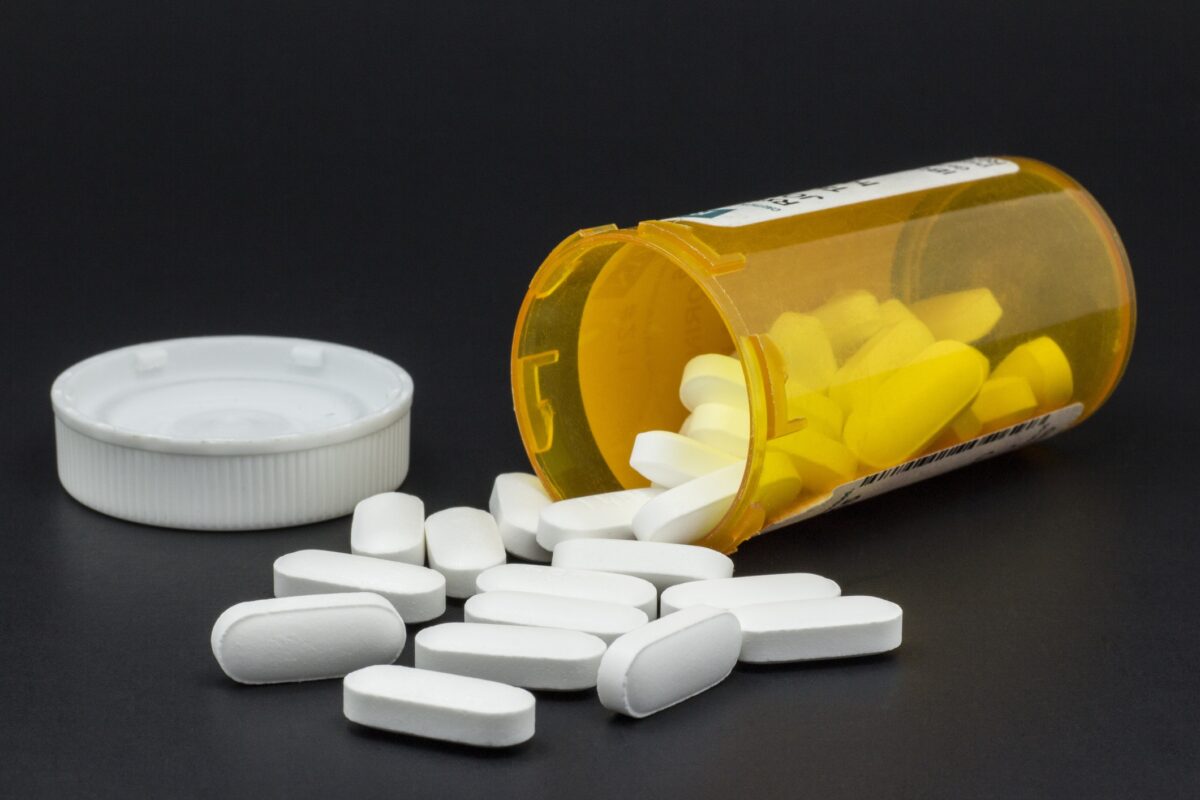Addiction to Prescription Painkillers is increasing among individuals in the country. To reduce chronic pain in individuals after surgery or injury, painkillers such as OxyContin and Vicodin are prescribed by physicians. These painkillers do not treat pain but only serve as a means of reducing pain. Sometimes individuals take drugs continuously and become physically addicted until they can resist them. These drugs stimulate the sensations of the brain and give the person the feeling of euphoria that they desire. Although painkillers are prescribed by rehab centre in Delhi, if they are taken as per prescription they are only safe if not abused. Drug abuse (side effects) depends entirely on the person and then there is a craving to take more medicines. Taking drugs regularly makes them tolerant of those who take an overdose of the drug to get the desired effect to the person. This increased intake turns into an addiction and affects the person psychologically and physically. Work and family life is affected and the person can no longer resist his will. The only way to overcome the side effects is with the help of medication and counseling.
Causes of painkiller addiction

The most important treatment is choosing the right doctor and taking the right medicine at the right time because if the treatment is not started at the right time, then the patient may have to face a lot of trouble that is not an identifiable cause. Pain-relieving addiction is caused by many factors. Researchers have found some factors to be the cause of addiction in individuals: Genetic – Your genes can play an important role in a state if you are going to abuse drugs later in life. You are also more likely to suffer from addiction if one of your family members is undergoing drug addiction.
Environment – Environment can also play a major role in drug addiction. Social and economic factors play a major role. If you are brought up in a high-risk family, you are more likely to develop an addiction later in life.
Brain Chemicals – Painkillers increase dopamine in the brain which causes an increase in pleasure by doing certain activities like eating food. This congestion causes an increased craving for the drug. Negative Emotions – Painkillers can also be taken to combat negative emotions such as depression and low mood.

What are the symptoms of Painkiller Addiction?
The use of symptoms depends on the type of painkillers. Some of the symptoms associated with Painkiller Addiction are as follows-
Behavioral Symptoms
- Taking too many medications
- Social isolation from family and friends
- Visiting many doctors to get more medicines
- Avoid enjoying hobbies and neglecting work
- Stealing medication from others Psychological Symptoms
- Depression or Anxiety
- Mood Changes
Physical Symptoms

- Slurring Speech
- Itchy skin
- Constipation
- Muscle Aches and Stiffness
- Thin and enlarged pupils who appear black and oversensitive to light
- Nausea and Vomiting
- Heart issues such as cardiac arrest can lead to death.
Cognitive Symptoms
- Excitement
- Confusion
Treatment of Painkiller Addiction

Medication and therapy can be helpful in substance abuse. Treatment includes a physical examination to assess your health and check for any disease. A rehab center can help you overcome your addiction. There are two types of rehab centers: inpatient rehabilitation and outpatient rehabilitation. In inpatient rehab, the user is transferred to a rehab center and provided with an environment that reduces his intake until he stops it altogether. Outpatient rehab is preferable for those who wish to be with their families and friends while supervising trained professionals. Rehab center in Delhi can help the addict to figure out how to deal with his addiction and live a better life. Recovery of drug abuse requires time because it is a long-term process. Some medications, such as methadone, can help eliminate symptoms of drug abuse by acting in a similar way to addictive drugs but may not cause withdrawal symptoms and euphoria.
Prevention to avoid Painkiller Addiction
Following directions: The patient should always follow the prescription given by the doctors and take the appropriate dose. One rehab in Delhi advises not to take an overdose and a pharmacist should be consulted if one wants to change their medicines.

Understanding an addiction: There are some signs that can cause a full-blown addiction such as patients taking multiple prescriptions or stealing drugs from friends or family. A rehab center in Delhi like I Drug Screen should look for these signs and alert the patient about the side effects.
Find alternatives: To relieve pain, a person should look for other alternative painkillers. There may be other medications or therapies that may help the person.
Counseling: A rehab center can help a person overcome their addiction. Their centers have environments where a person can learn to resist addiction.
Withdrawal symptoms of Painkiller Addiction
Withdrawal occurs once the addiction completely stops the intake of the drug. The withdrawal symptoms may be mild to mild. Symptoms can also occur in physical and psychological nature. They may depend on whether the withdrawal occurs sooner or later or the type of medication used. Symptoms may occur for several months after discontinuation of the drug. Withdrawal symptoms may also depend on how many doses of the drug were taken and for how long. Physical symptoms may include the following
- Fatigue
- Nausea and Vomiting
- Running nose
- The craving for medicine is increasing.
- Muscle Aches
Psychotic symptoms may include the following:
- Depression or anxiety
- Irritability
- Confusion
In the same way, there are many more.
Painkiller withdrawal can be difficult and it is always necessary to consult a rehab center in Delhi.


